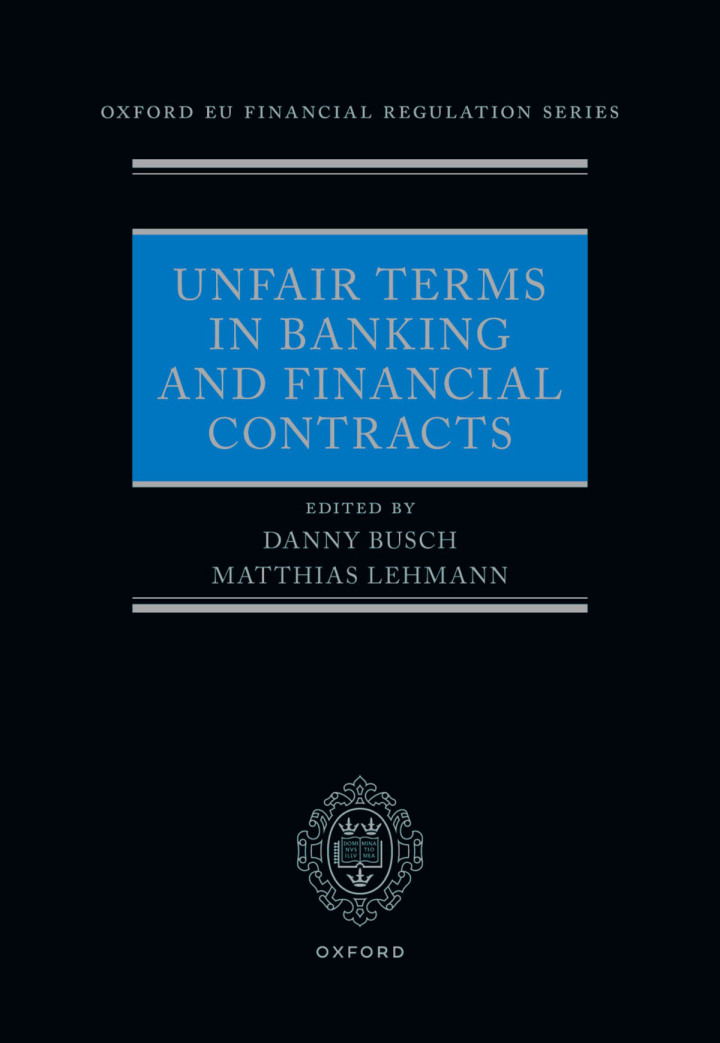Unfair Terms in Banking and Financial Contracts 1st Edition
$97.50
Attention: This is just ebook, Access Codes or any other Supplements excluded! / File Delivery: Sent Via Email within 24 hours!
SKU: 929656e2300c
Category: Law Textbooks
Description
-
Author(s)Danny Busch; Matthias Lehmann
-
PublisherOUP Oxford
-
FormatPDF
-
Print ISBN
9780192866592, 0192866591 -
eText ISBN
9780192866592, 0192866591 -
Edition1st
-
Copyright2023
- Details
This timely new work provides a thorough overview, analysis, and discussion of standard terms control for banking and financial contracts in Europe. Unfair Terms in Banking and Financial Contracts argues that this sector uniquely necessitates unfair terms control, due to the asymmetrical relationship between lay consumers and the financial industry and discusses the role of the judiciary in addressing this imbalance. The rise of unfair terms control as a remedy for consumers and businesses against financial institutions with superior bargaining power has led to questions about the Directive’s threat to existing contracts. Disputes have already arisen across Europe in several areas including foreign currency housing loans, housing loans based on Euribor, and hidden bank fees. These disputes and their outcomes are high stakes for banks and their customers. The stakes of the outcomes of these disputes for the customers as well as for the banks are very high. The book focuses on the EU Unfair Terms Directive (UTD) but also considers the law of non-EU jurisdictions. Beginning with an overview of the UTD and the extensive case law of the CJEU, the volume brings together leading authorities in the field of financial law to provide analyses of the UTD’s application in this sector across 15 EU jurisdictions (Ireland, Germany, France, Italy, Spain, Austria, The Netherlands, Belgium, Sweden, Greece, Poland, Romania, Czech Republic, Hungary, and Estonia). It then goes on to compare the legal situation in three non-EU jurisdictions (United Kingdom, Switzerland, and Norway). Locating unfair terms control within a broader European struggle to balance the power of market forces and the requirements of social justice, the volume offers a critique of the existing regime and concludes with a proposal for a common legal framework to ensure a level playing field and greater harmonisation across the EU.
Related products
-

Constitutional Adjudication in Africa 1st Edition
Rated 0 out of 5$45.50 Add to cart -

A Measure of Freedom
Rated 0 out of 5$29.25 Add to cart -

Civil Wrongs and Justice in Private Law 1st Edition
Rated 0 out of 5$43.88 Add to cart -

Blackstone’s Guide to the UK Internal Market Act 2020
Rated 0 out of 5$22.10 Add to cart

